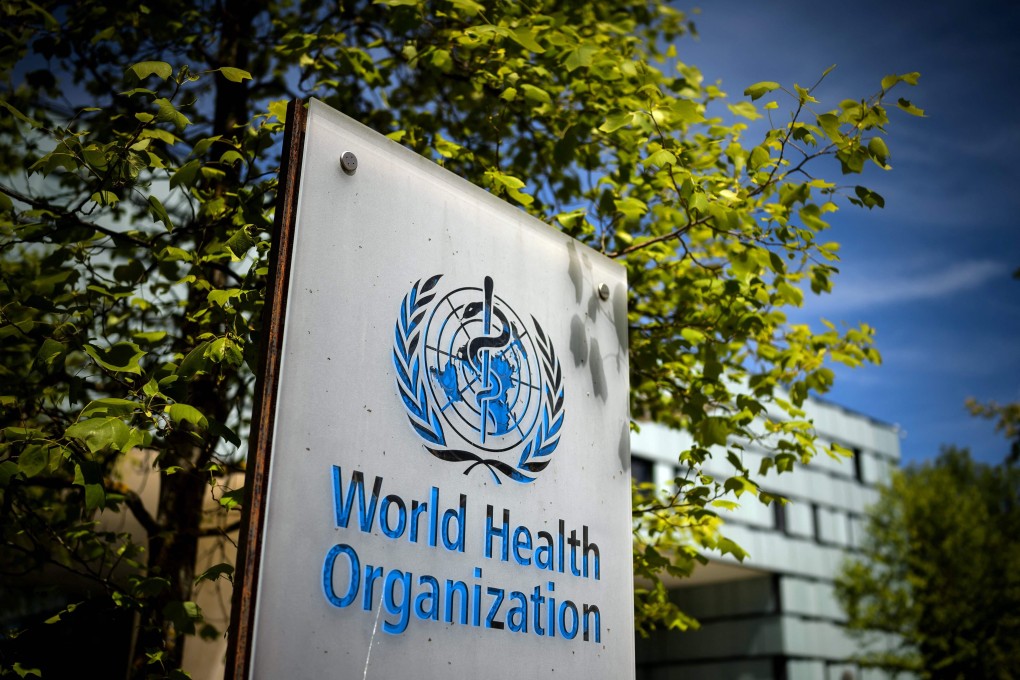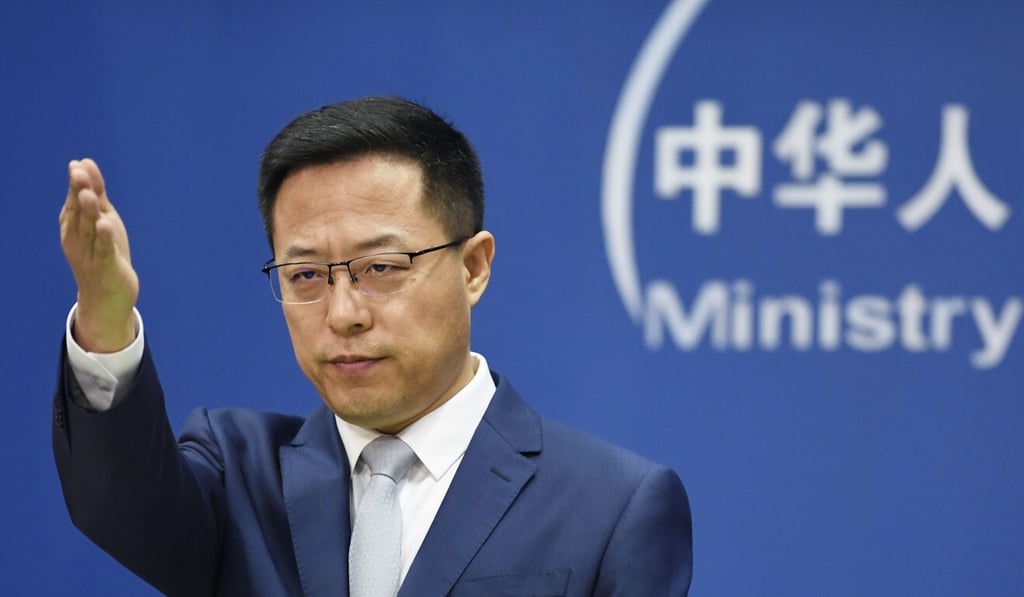Advertisement
Coronavirus: proposed WHO origins study ‘inconsistent’ with China’s position
- Beijing says next phase of investigation should be led by UN body’s member states and search for possible early cases should be expanded worldwide
- Foreign ministry spokesman also says inquiry should focus on tracing animal origins and zoonotic transmission of the virus
Reading Time:2 minutes
Why you can trust SCMP
99

Beijing says the World Health Organization’s proposal for further research into the origins of Covid-19 is “inconsistent” with its position and the focus of the next phase of inquiry should move away from China.
The WHO plan was announced on Friday, a day after director general Tedros Adhanom Ghebreyesus urged Beijing to cooperate with the second phase of the study and to be transparent, saying scientists still lacked enough raw data on infections and possible cases in the early days of the outbreak.
Beijing responded that the proposal was under review by Chinese experts. On Monday foreign ministry spokesman Zhao Lijian said the next phase of investigation should be led by WHO member states and agreed upon through consultation, and that the search for possible early cases should be expanded worldwide.
Advertisement
“The proposal for the second phase of origin tracing by the WHO Secretariat is inconsistent with the position of the Chinese side and also of many countries,” Zhao said at a regular press briefing.
He also said the investigation should focus on tracing animal origins and zoonotic transmission of the coronavirus.
Advertisement

In March after a four-week mission to Wuhan, China – where the first cases were detected – a WHO-led team of experts said in a controversial report with Chinese scientists that the virus was likely to have been transmitted from bats to humans through another animal. They also said a theory the virus could have escaped from a Wuhan laboratory studying coronaviruses was “extremely unlikely” – a theory Beijing has rejected as “absurd”.
Advertisement
Select Voice
Select Speed
1.00x